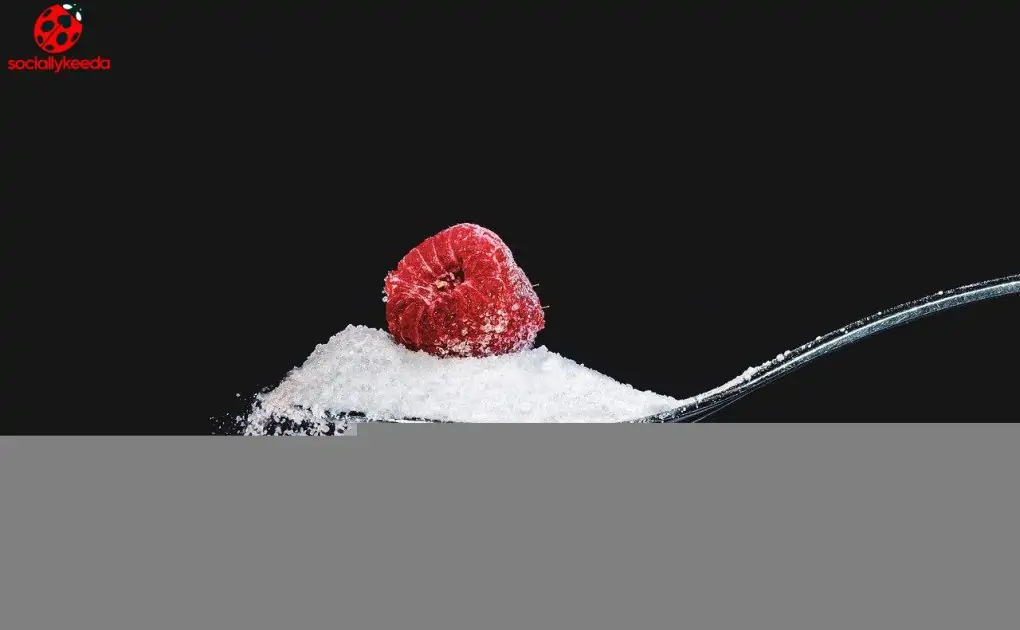Why Indoor Air Quality (IAQ) Has Become A Widespread Public Health Conversation
Why indoor air quality now drives major public health concern

Introduction
One of the most severe and lethal complications of diabetes, primarily type 1 diabetes, is diabetic ketoacidosis or DKA. This complication occurs when your body produces high levels of blood acids known as ketones.
Diabetic ketoacidosis may also be associated with type 2 diabetes if people having this type are under stress or sick. Diabetes is usually related to the inability of the body to produce enough insulin, causing high blood sugar levels. The deficiency of insulin, when left untreated, results in diabetic ketoacidosis. This condition may also be noted in people following Indian diabetic diets that stress on a low intake of carbohydrates.
Insulin is the hormone that lets your cells absorb, process, and use sugar for energy. In the absence of insulin, the body breaks down the fats (instead of sugar), causing the release of excess ketones in the bloodstream resulting in diabetic ketoacidosis.
The body’s fat is usually broken down into ketones (a form of fuel) by the liver, which is eventually used by the heart and muscles. However, if ketones are produced very rapidly, they accumulate in the blood and can be toxic to a person’s health by changing the pH of the blood and making it acidic.
These days, many people opt for the Indian diabetic diet and the ketogenic diet to fight diabetes and weight loss or gain. Such diets are low in carbs but high in fat. Although these diets may assist in faster weight loss and help people having type 2 diabetes, there is always a risk of diabetic ketoacidosis with such diets.
Diabetic ketoacidosis is caused when:
This condition is commonly noted among diabetic patients due to:
Symptoms of DKA develop slowly, and these include:
Suspected DKA in type 1 diabetes is usually confirmed with the help of ketone testing. A ketone test can be done using a urine or blood sample.
A urine test is usually carried out first, and if positive, the blood may be tested for specific ketones like beta-hydroxybutyrate or acetoacetate.
Other lab tests include:
Also, these days you get some urine strips and certain glucose meters that can gauge blood ketones and help diagnose DKA in time.
DKA, when left untreated, can be life-threatening and may cause severe complications, which include:
As this condition is an emergency, you must instantly contact your health care provider if you notice the symptoms of DKA.
The DKA treatment primarily involves a combination of measures to normalise blood sugar, electrolyte, and insulin levels. This involves:
Doctors will first administer you insulin via intravenous (IV) till the point your sugar levels at least drop below 200 or 250mg/dL. Once your insulin and blood sugar levels return within an acceptable range, the doctors will advise measures to avoid the incidence of DKA in the future.
DKA involves severe loss of fluids. So, doctors mainly administer IV fluids at the hospital to help you rehydrate and restore normal blood volume. This also helps counter high blood glucose levels caused due to dehydration.
Electrolytes (charged minerals that play an essential role in your body for the normal functioning of your heart and nerves) are reduced when insulin levels drop. Doctors will replace your electrolytes via IV.
Infection may be an underlying cause or increase the chances of DKA in some cases. In that scenario, doctors may administer you the necessary antibiotics.
You may be able to prevent the occurrence of diabetic ketoacidosis by maintaining the blood glucose level in the normal range and monitoring for signs or symptoms of DKA. Also, you should test for ketones if you suspect DKA, especially when you are sick. Check if the insulin flows through the tube and your insulin pump is not clogged or disconnected from the tube.
Most people respond favourably to the DKA treatment, especially within 24 hours, yet it may take longer to recover in some instances. However, if left untreated, diabetic ketoacidosis may lead to death.
Insulin deficiency in people with diabetes or those following Indian diabetic diets comprising extremely low carbs may cause diabetic ketoacidosis. Although it is a serious condition, it can be well prevented by following your ideal diabetes treatment plan. This condition also has a good prognosis if diagnosed at the right time. You must know and look for signs of DKA if you have diabetes to prevent complications. Sugar.fit perfectly guides you to maintain the blood glucose level in the normal range and prevent complications like DKA in the first place.
- Advertisement - Continue Reading Below -
- Advertisement - Continue Reading Below -